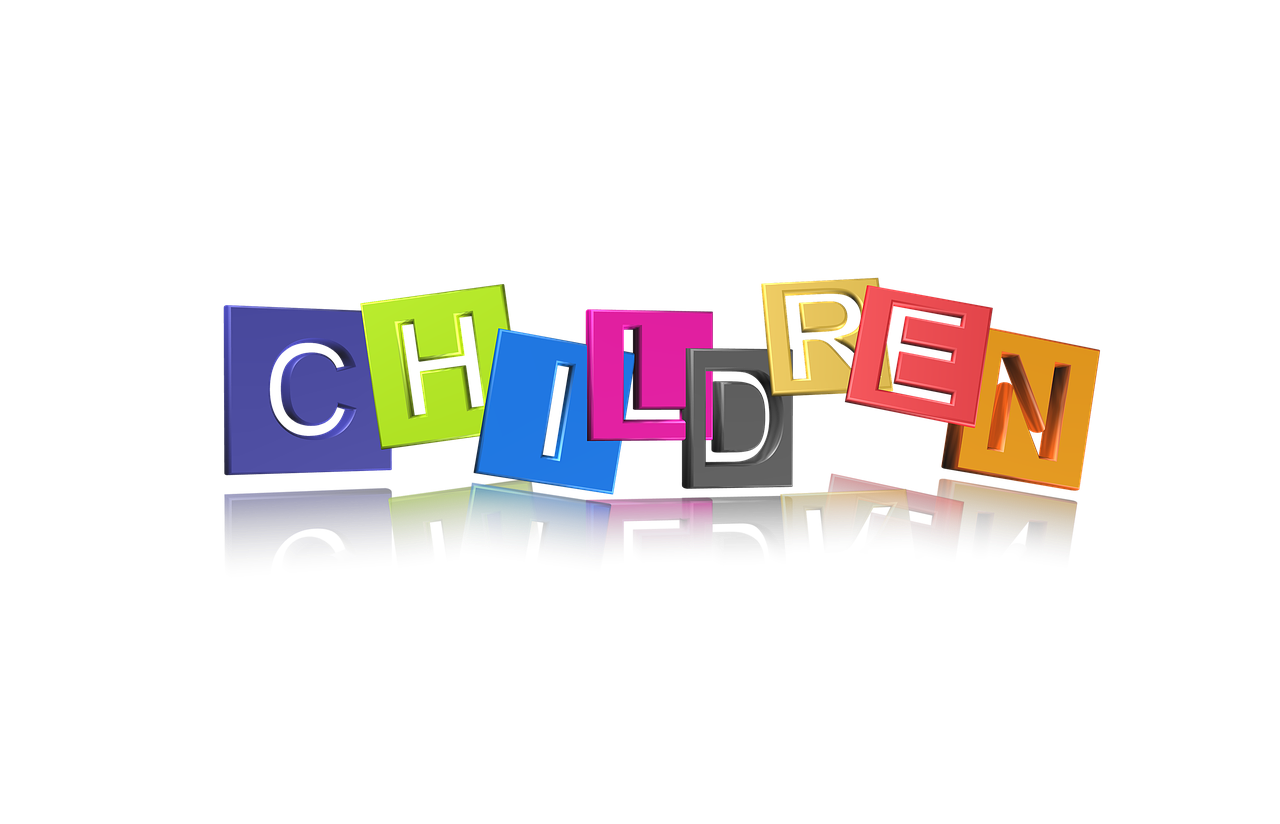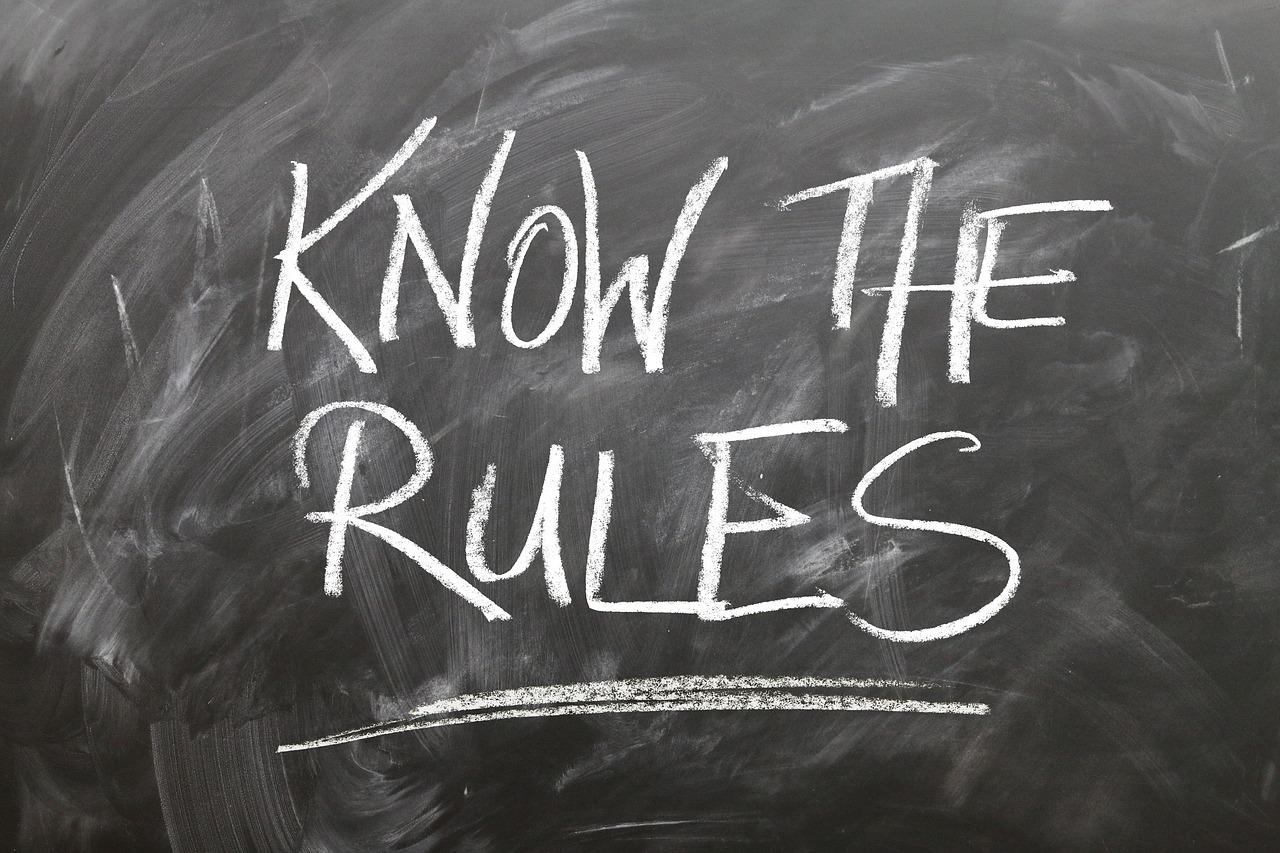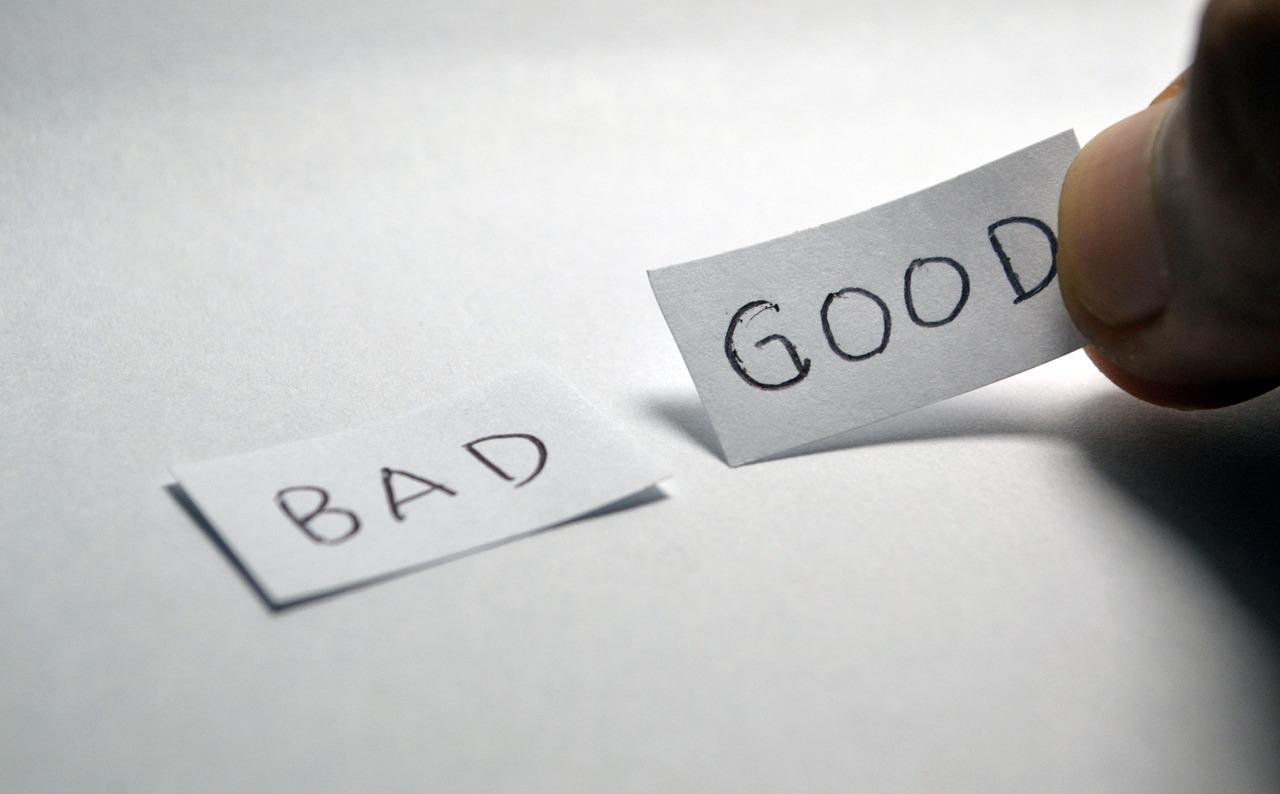How to Discipline Children of Today

|
How To Discipline Children in 2024 |
The topic of child discipline has been a controversial one for quite some time. Over the years, different views about the matter have been held by various people based on their values, beliefs, education and customs. The issues raised usually border on whether or not children should be disciplined as well as the right disciplinary methods to use, for those okay with child discipline. In the opinion of this writer, one reason why many people are averse towards child discipline is due to their uninformed definition of the term.
In lieu of the above, we shall be focusing in this article on the ways in which children should be disciplined, the ways in which they shouldn’t be disciplined and the benefits of disciplining one’s child. After reading this piece, you will then judge for yourself whether or not child discipline is tenable.
How To Discipline Children Today

As stated earlier, most persons who are not in support of child discipline are normally not aware of what it entails. Some even equate it with corporal punishment. However, this is totally untrue. It is not until a child is yelled at or spanked that such a child would be said to have been disciplined. There are way more diplomatic and civil approaches to the discipline of children.
1. Talk to Them and Practice What You Preach
To discipline means to instruct a person to follow a particular code of conduct. It is helping your child learn about acceptable and unacceptable behaviours in the society. Therefore, whenever they err, one approach parents can take is correcting them there and then. In the same vein, parents should ensure that they themselves do not deviate from whatever code of conduct they create for their children.
Most children take actions more seriously than words. So parents should be wary of not only what they say but more importantly, what they do in their child’s presence.
2. Give Them a Chance to Speak
Children engage in unruly behaviours for various reasons. Sometimes, it might be a way of seeking attention from parents. So parents should be careful as to how they react to their child’s throwing of tantrums or persistent whinings. They should endeavour to hear them out, and try to understand the reasons for their different ignoble behavioural patterns. From there, they would begin to learn how to deal with future occurrences of such attitudes from their children.
3. Redirect Wrong Behaviour
Children, especially at the earliest stages of development, cannot differentiate between right and wrong. They usually engage in activities just for the fun of it or in a bid to explore various options. Therefore, it would be very wrong to spank or yell at a child for something they most likely do not know is wrong in the first place.
What parents can do instead is to swiftly find something else for the child to indulge in at that particular point in time. Even if it were a case where the said activity were a habitual one, the child soon gets the cue and comes to understand the unacceptability of such.
4. Know When It’s Okay Not to Respond
As much as it is necessary to give your child a listening ear and be responsive as often as possible, it is still advisable to ignore their bad behaviour sometimes. Yes, you read that right.
For instance, if your child whines a lot in a bid to make a request, you could decide to keep mute while they are at it but when they eventually calm down and ask politely, you may then pay attention to them. By doing this, the child will come to understand acceptable and unacceptable behaviour. Note, however, that the point made here is in no way in support of ignoring a child who is clearly in a dangerous situation.
5. Set Clear and Consistent Rules

Now, this might sound authoritarian but it is actually indispensable when it comes to the art of child discipline. As opposed to what most parents think, Children actually desire to be in some sort of check as it usually gives them a sense of security. So, if you think as a parent you’re doing your child a favour by depriving them of any kind of rule to keep them in constant check, you should really have a rethink.
Your child should have an understanding of the attitudes you’re averse to and those which you would love to see them exhibit. Also, there should be limits set to curtail some of their excesses. All these are to ensure that the child begins to learn at a tender age the need to obey constituted authority and be moderate in their actions.
6. Give Consequences for Their Actions
In disciplining a child, the parent should make them aware that actions have their attendant consequences, whether a natural consequence or one imposed by the parent. Children should understand at an early age that there are repercussions for whatever they do or fail to do and parents should be consistent enough in driving this point home. This will make them understand how the society they live in works.
For instance, if a child is wasteful, the child should be left without the particular resources that was wasted, for a while, rather than an immediate replacement by the parent, or if a child repeatedly refuses to put away their toys properly after use, one way to make the child learn is to ensure that you inform them that when next they exhibit such behavior, their toys would be seized for a period of time.
This shouldn’t end there. If the child repeats such behaviour, the parent should do well to implement the laid down consequence. In effect, the child would learn to do the right thing to avoid the already known consequences if they did otherwise. This should however be restricted to actions with less serious or mild consequences.
7. Acknowledge and Reward Good Behaviour
Children are not simply annoying little creatures. There are a lot of lovely things about them. So parents should watch out for times when their children exhibit some behaviours worthy of praise and really praise them for it.
Just as it’s nice to give them kudos for behaving nicely, children also need to be given some sort of incentive once in a while to encourage them to continue in that path. Little rewards like cooking them their favourite food or augmenting their pocket money could go a long way in shaping their behaviour aright, and would serve as a boost for them to focus their energy on praise-eliciting activities than those which they would be scolded for.
8. Gird Your Loins for Trouble
In dealing with children, parents have to get prepared for surprises so as not to be caught off guard. It’s possible that sometimes, children might want to test your patience level by willfully disobeying your instructions. They might even come across as very rude and disrespectful sometimes. This shouldn’t deter parents from standing up to the occasion and doing the needful, always.
How Not To Discipline Children in 2024
So far, we have treated ways to discipline children. Now, we shall be looking at things to avoid in the course of disciplining one’s child. In the course of this section, we shall be driving our points home by highlighting the results of some studies carried out by professionals in such fields as behavior analysis, developmental psychology and social work. Some of the things to avoid in disciplining a child includes the following:
1. Physical Abuse
This is one sure way not to discipline your child. Physical abuse includes acts such as spanking, slapping, punching, etc. According to healthychildren, “research shows that spanking, slapping and other forms of physical punishment don’t work well to correct a child’s behavior. The same holds true for yelling at or shaming a child. Beyond being ineffective, harsh physical and verbal punishments can also damage a child’s long-term physical and mental health.”
Also, a study of children born in 20 large U.S. cities found that families who used physical punishment got caught in a negative cycle: the more children were spanked, the more they later misbehaved, which prompted more spankings in response. (Source: pediatrics).
2. Verbal Abuse
This is another wrong approach to disciplining a child. As stated earlier, children are sometimes clueless about the implications of their actions. So parents should always try to understand the reasons behind some of the bad behaviours exhibited by their children and not condemn them outrightly.
Discipline is about helping your child learn how to behave as well as how not to behave and this works best when you have a warm and loving relationship with your child. Obviously, verbally abusing or shaming your child won’t secure you this healthy relationship that needs to exist between your child and yourself. Rather, the child begins to get repelled and frightened by you.
In fact, “research shows that harsh verbal discipline, which becomes more common as children get older, may lead to more behavior problems and symptoms of depression in teens.” (Source: ncbi). This shows the extent to which children can suffer from verbal abuse from their parents, in the name of disciplining.
6 Benefits of Child Discipline

Disciplining your child has numerous benefits than you ever imagined. As stated earlier, discipline helps a child to be able to differentiate between acceptable behaviours and unacceptable ones at an early age. This will go a long way in helping them fit properly into future roles in society. Below are some benefits of disciplining your child:
1. Discipline Helps Children Put Anxiety in Check
Children are in a stage of their lives where they are usually very anxious about various things. This anxiety elicits a number of behavioural characteristics from them such as restlessness and violent tendencies. What discipline does is to therefore help the child to effectively handle these situations of anxiety in order to ensure that the right attitudes spring forth from them at these sensitive moments.
2. It Keeps Children Safe
Discipline helps keep a child safe from the uncertainties of growing up. Some of these uncertainties include phenomena such as obesity, low self-esteem, peer pressure, etc. Disciplining a child has the tendency of reducing the chances of all these taking place in a child’s life. It also protects children from danger, especially the hyperactive ones.
3. It Teaches Children to Make Good Choices
Another thing discipline does to children is to enable them to inculcate the art of rationalism in all they do, to enable them make right choices in life. This is why parents should be as instructive as possible while correcting their children. The purpose of discipline should be to correct and not to abuse or shame the child incessantly. If this is done well, the child would be said to have been actually disciplined.
4. It Teaches Respect for Parents and Other Constituted Authorities
Among the things that discipline helps to foster in children is respect for their parents as well as those placed in authority over time in the course of their lives. Without discipline at childhood, the child feels unobliged to anyone and this could be very inimical to the child when they grow up and fit into their adult roles.
5. It Teaches Children to Be Accommodating and Unselfish
Discipline helps children to not only behave better but also to be able to accommodate wrong behaviour in other people. If done the right way, discipline has a way of teaching children to be more tolerant of others because their own shortcomings were also tolerated countless times in the past. Also, the child learns at a tender age to correct wrong behaviour among their peers as well. The terrible practice of individualism is eliminated and the child learns to be selfless.
6. Discipline Helps Children to Manage Emotions
Another benefit of discipline is that it goes a long way in assisting children manage their emotions. Discipline teaches self-control. Sometimes, children act crazily out of an inability to control their emotions. For example, I remember an occurrence when I was much younger. I bit my elder brother terribly in anger. After being disciplined by his mother, I learnt from that day onwards to always control my emotional outbursts.
In being taught to control their emotions, children are also made to understand the consequences of their irrational emotion-induced actions.
Conclusion
Finally, it is expedient to state here that the importance of child discipline can’t be overemphasized. It is one sure way to prepare a child to fit into future social roles. In addition to this, the approach to discipline is as important as whether or not it is needed in fostering a child. If done the right way, child discipline bears a lot of positive fruits in the disciplined.
*All images are sponsored by Pixabay, free for commercial use and no attribution required
The FastPencil man. Joshua's kind of writing goes out the bound of the normal professional forms of literature, he shifts your attention from the unknown to the anticipated. He thinks African; He is African!


